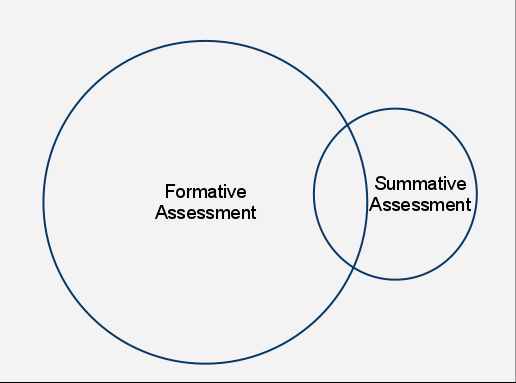Blog of The Week
3rd February
Assessment – what's the point?
Helen Skelton
Every Monday morning, we aim to highlight one of the many excellent teacher blogs from the preceding week. These blogs are a great way of sharing good practice that is happening in other schools around the country and beyond.
This week's blog comes from Dr Helen Skelton (@drhskelton) who is Head of Science in a large Secondary School.
https://elementsoflearning.home.blog/2020/01/25/assessment-whats-the-point/
The blog focusses on assessment design and more specifically, the fact that as a profession we often reach for the past paper questions as they give a feeling of validity (see also grade boundaries). The reality is that they are designed for summative assessment at end of the course. Using them earlier is often inappropriate.
Helen look at the use of formative assessment as an essential ingredient in the process of responsive teaching. This is no better explained by a key passage early in the blog:
"If different cohorts of students are consistently finding an assessment challenging and making the same mistakes year after year, this is not something that should be dismissed as being down to a difficult topic or a challenging test, but something which should cause me to ask questions. Why are students finding the test so difficult? What is it that is preventing them from answering the questions correctly? Is the test actually assessing what I need it to? Do I need to alter something in the way material is being taught?".

.png)
Helen uses the GCSE Chemistry topic of Structure, bonding and the properties of matter (bear with it non-specialists) to reflect on an example of how she has used assessments, which she now considers to be unfit for purpose, and how she thinks they could be improved.
The main thrust of Helen's discussion is that summative GCSE exam questions are just that; summative. During the teaching part of the course, teachers don’t need to know whether students can answer an exam question. We need to know what they don’t know and what they don’t understand so that we can 'plug the gaps'. Knowledge of a topic needs to be secure before any deeper thinking takes place and exam questions can be answered successfully.
This is a wonddrful blog as it ties in neatly with what most subjects are considering at Southifield currently; what are our assessments for? How can we make them as useful and valid as possible?
Responsive teaching and curriculum design begins and ends with effective assessment.